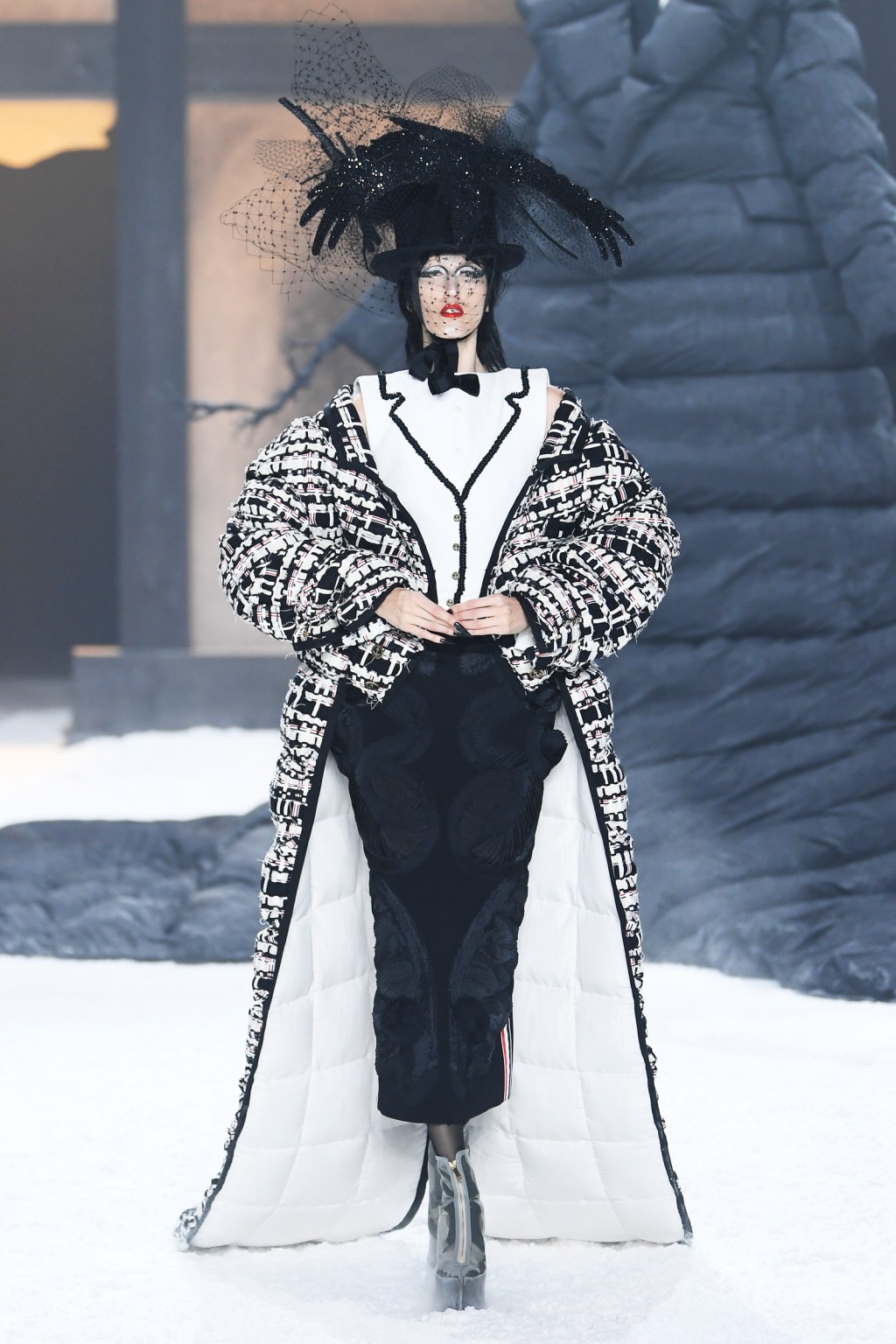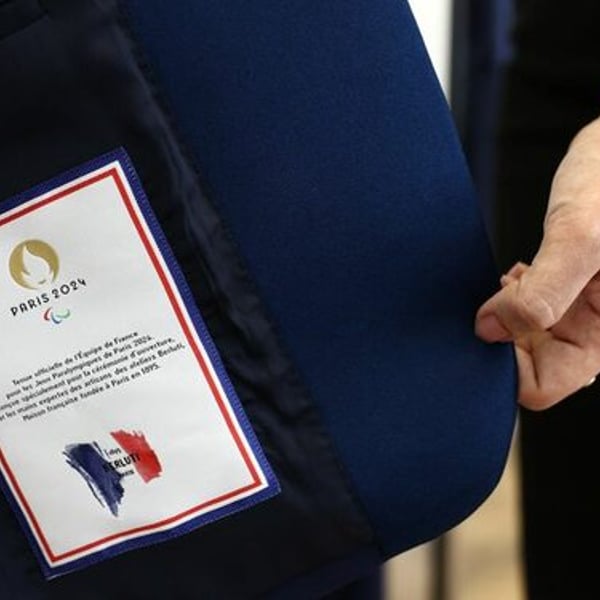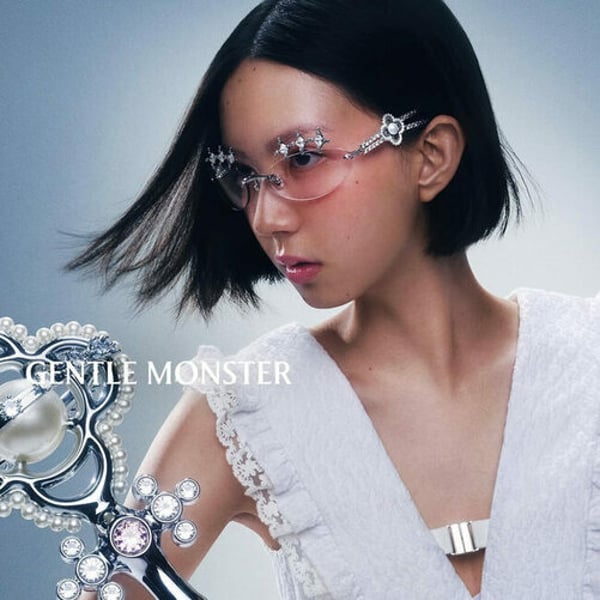By
Bloomberg
Published
January 17, 2024
Investors in luxury stocks face the risk of more bad news, as companies such as Burberry Group Plc and Hugo Boss AG failed to meet already controlled expectations and economic data from China reduces the chances of a near-term rebound.
Richemont SA will offer new insights into how luxury companies are coping with a sector-wide growth slump when it reports third-quarter sales on Thursday. The Cartier owner suffered a rating downgrade by Investec Plc this week, following at least six downgrades from industry leader LVMH in the second half of last year.
Concerns about demand for luxury goods were amplified Wednesday by lackluster economic growth figures from China, whose buyers account for about a quarter of the estimated 362 billion euro ($394 billion) global market, giving caused a general fall in the European sector. .
Furthermore, the negative reaction to last week's disappointing launches from Burberry and Hugo Boss showed that markets are not prepared to deal with the full extent of the industry's problems.
“Sentiment remains ominous about where future downgrades will come from,” said Swetha Ramachandran, fund manager at Artemis Investment Management.
Investors expect the start of this year to compare particularly unfavorably with the early optimism of 2023, when China's reopening spurred a splurge on high-end watches and expensive coats, briefly lifting LVMH's valuation above the 500 billion dollars.
Most brokers have reduced their profit expectations by more than 5% since September, and the sector's fate remains unclear and dependent on a still fragile global economic recovery.
“We see few catalysts for the luxury sector before April/May 2024,” HSBC analysts led by Aurelie Husson-Dumoutier said in a note. What's more, price increases are becoming a problem for ambitious consumers, with demand for luxury weakening during the holiday season, analysts said.
Still, a sector going through a difficult period still has room for winners.
Hermes, especially, has shown less weakness than its peers, as demand remains high for its coveted bags that can sell from more than 8,000 euros to tens of thousands of euros.
“There will probably be big differences between stocks,” said Bruno Vacossin, senior portfolio manager at Palatine Asset Management. “I expect a big performance gap between major players like Hermes and LVMH and industry laggards.”
LVMH reports its annual results on January 25 and Hermes on February 9.
Many are keeping their long-term bets on a sector that is known for its ability to generate superior growth thanks to pricing power that typically outpaces inflation and protects profit margins. A large majority of analysts tracked by Bloomberg still recommend buying LVMH and Richemont, while the rest are neutral.
The rebound is coming
An earnings recovery is likely within six months as economic growth accelerates and travel from China increases, said Ramachandran of Artemis Investment Management.
The sector is currently at low valuation multiples and is awaiting good macroeconomic news, such as lower interest rates and rising real wages for entry-level fashion and aspirational brands, said Bloomberg Intelligence analyst Deborah Aitken.
Until then, there remains more risk, especially for players at the lower end of the pyramid, according to Ariane Hayate, a fund manager at Edmond de Rothschild Asset Management.
“Of course, we don't expect to receive many bullish messages,” he said.












